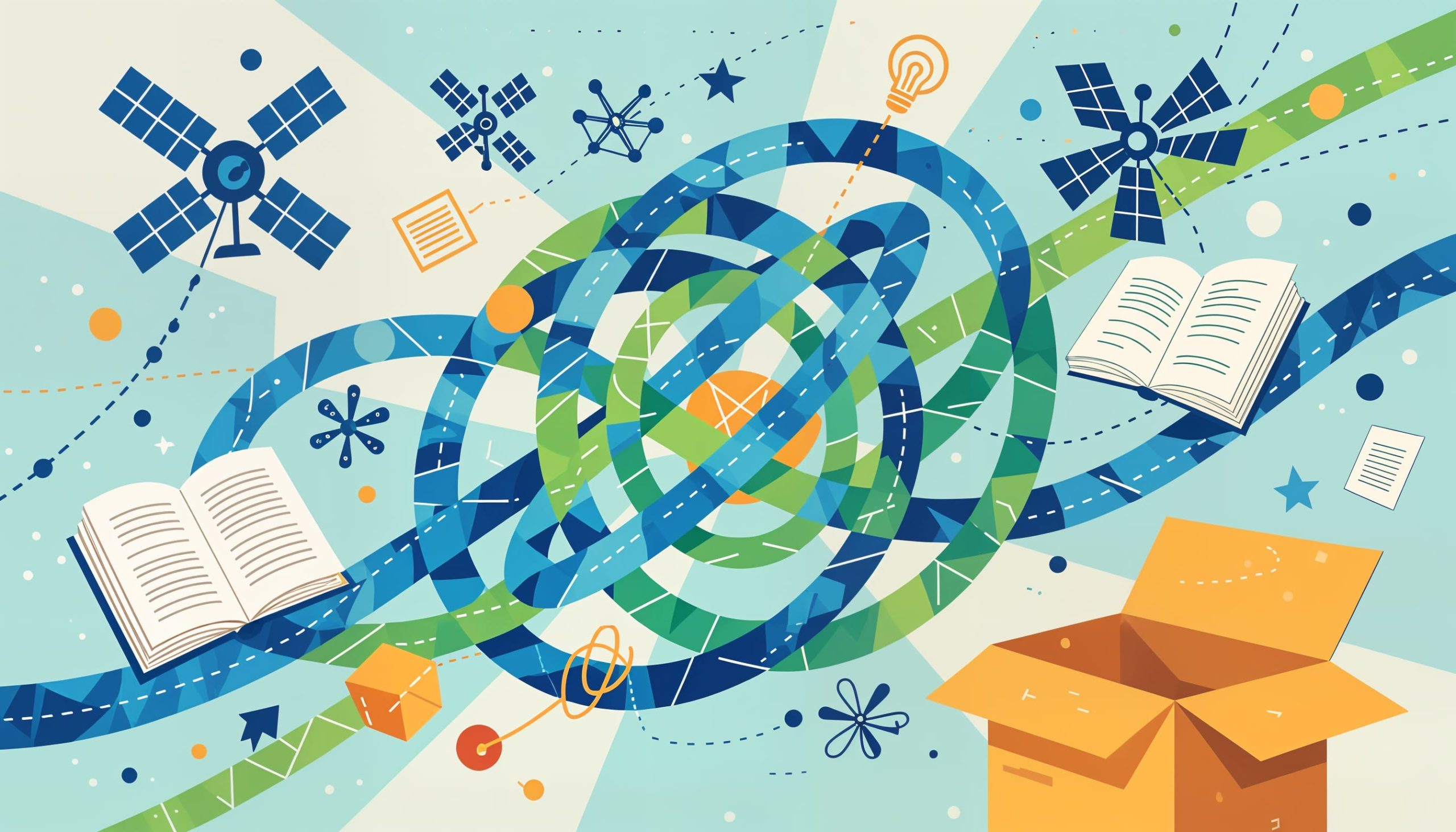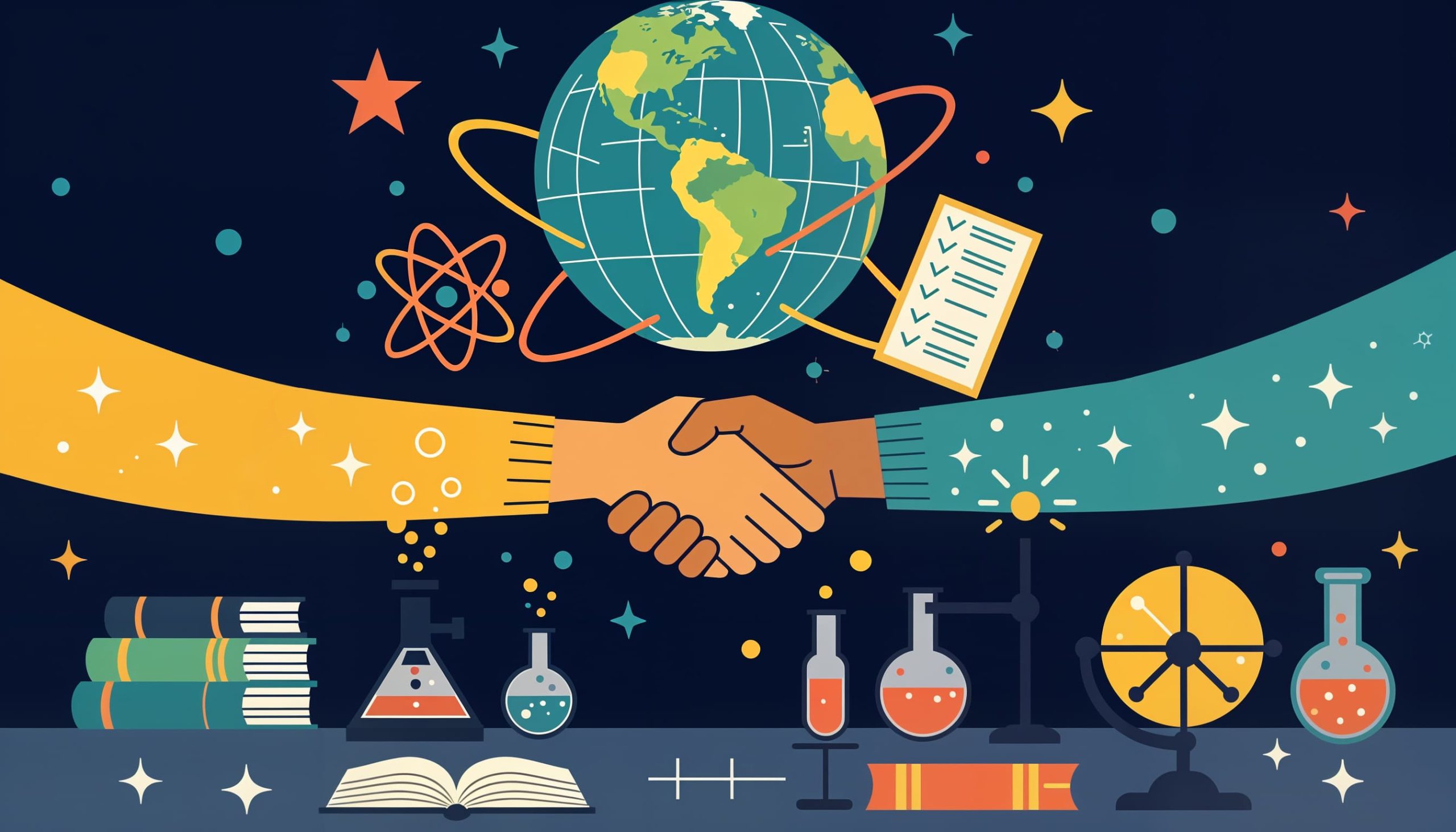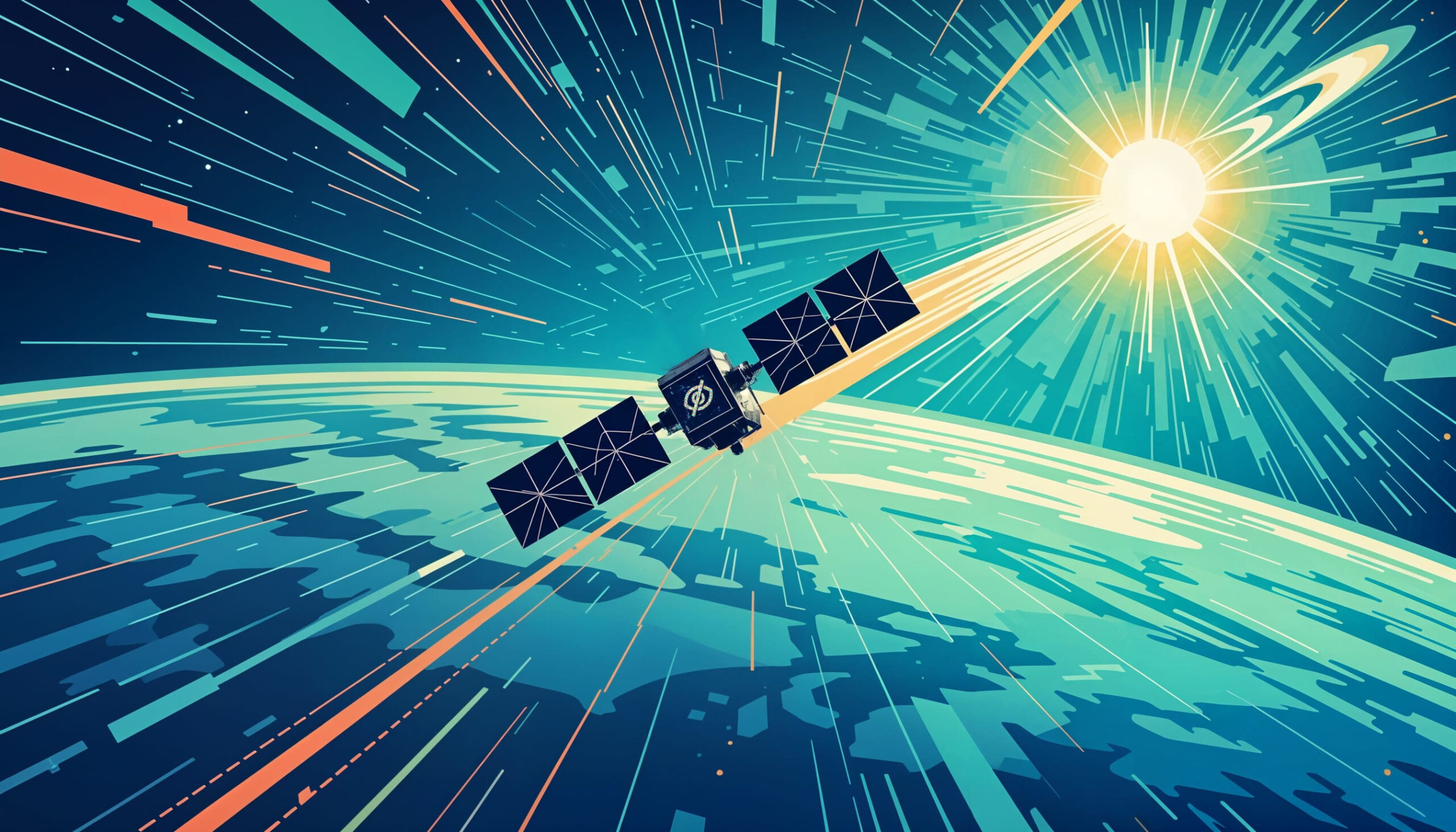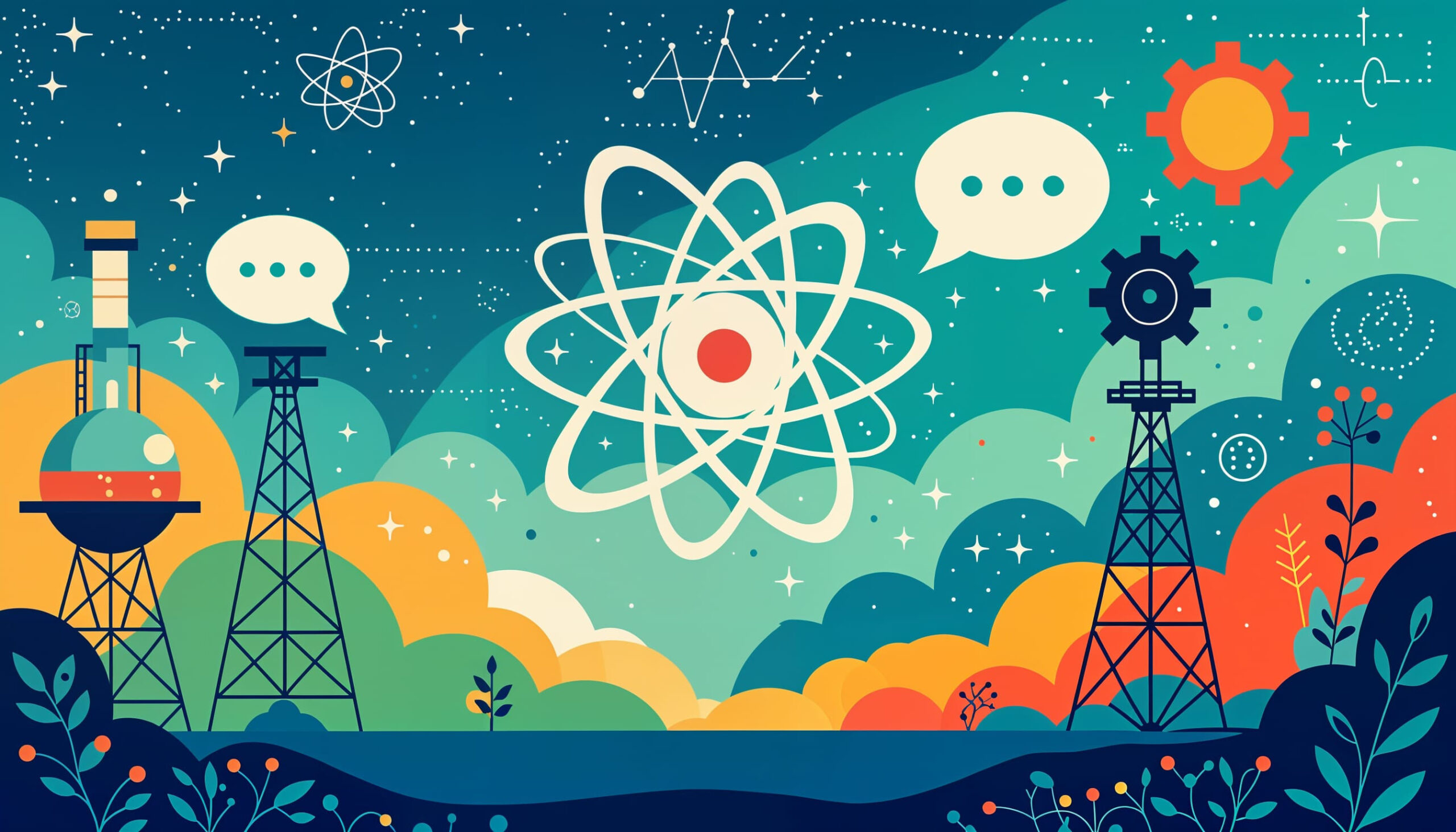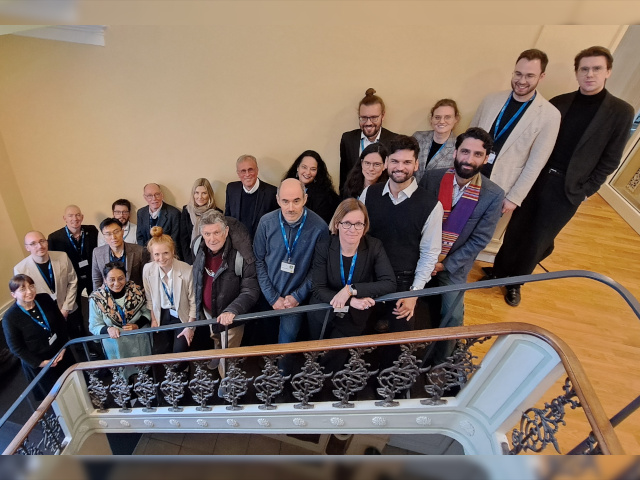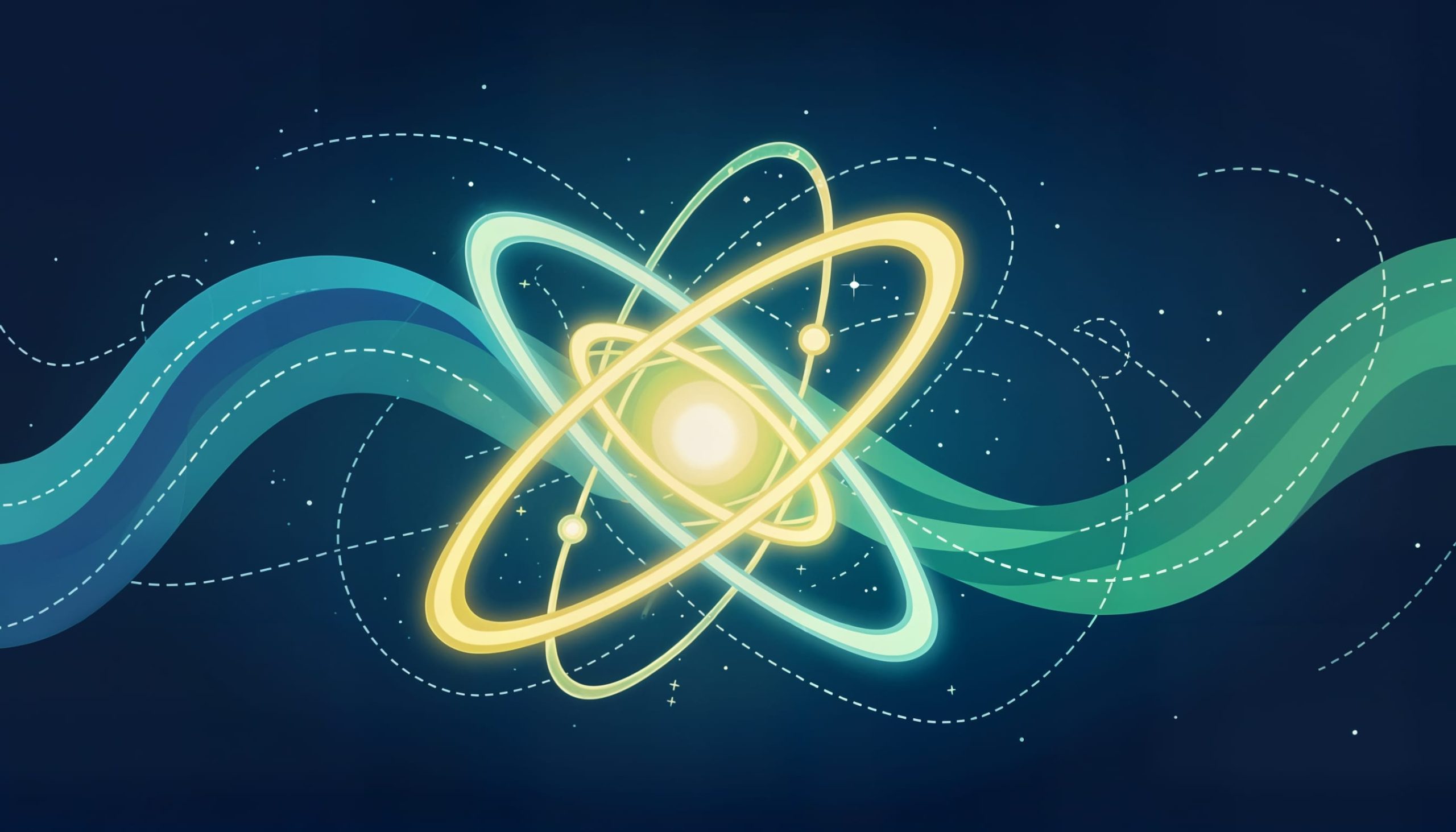
Tritium’s Challenge to Disarmament Irreversibility
By MD Arifur Rahman. Tritium is a radioactive material with a half-life span of just 12.3 years, which is usually used as a boosting element in nuclear weapons, allowing relatively smaller bombs to release more than 10,000 tons of TNT energy without requiring a full thermonuclear weapon. Tritium quickly breaks down, so countries with nuclear arsenal sustain the production to maintain their arsenals. Meanwhile, tritium also uses in civilian fusion research, make it difficult to monitor due to the fact that it can serve both peaceful and military purpose, creating challenges for global disarmament effort.

